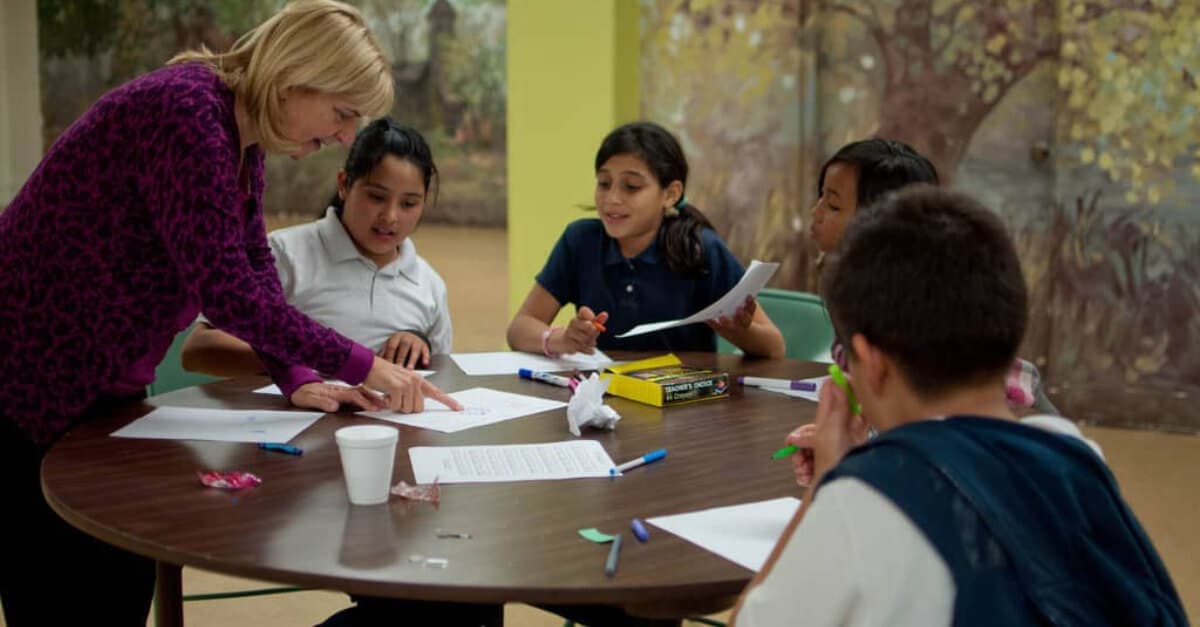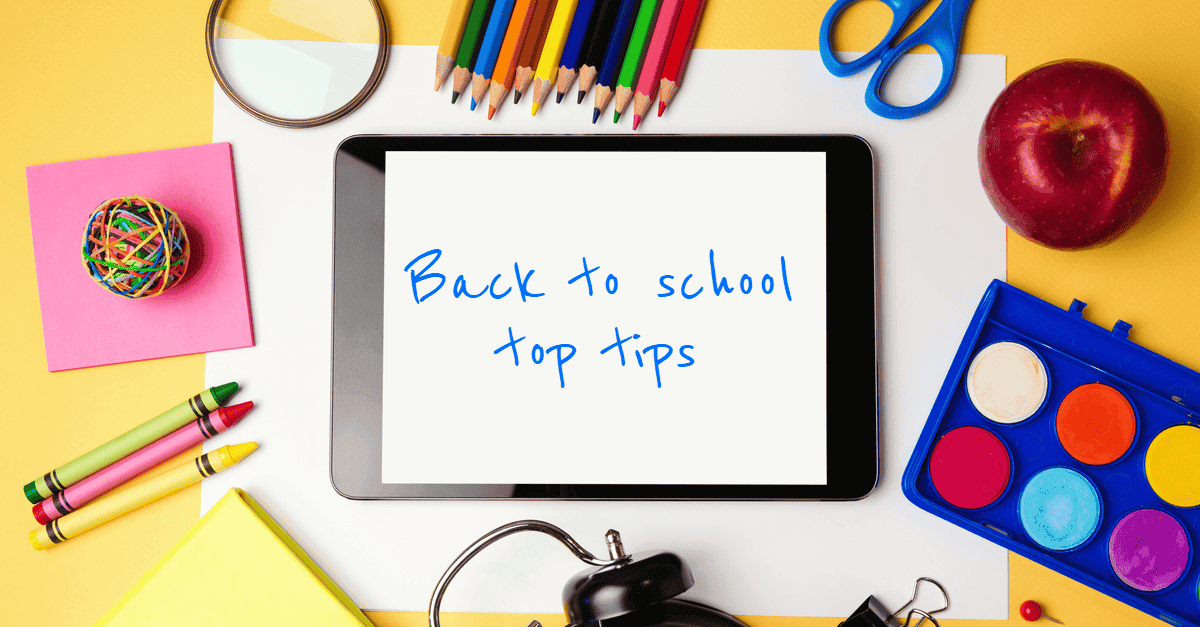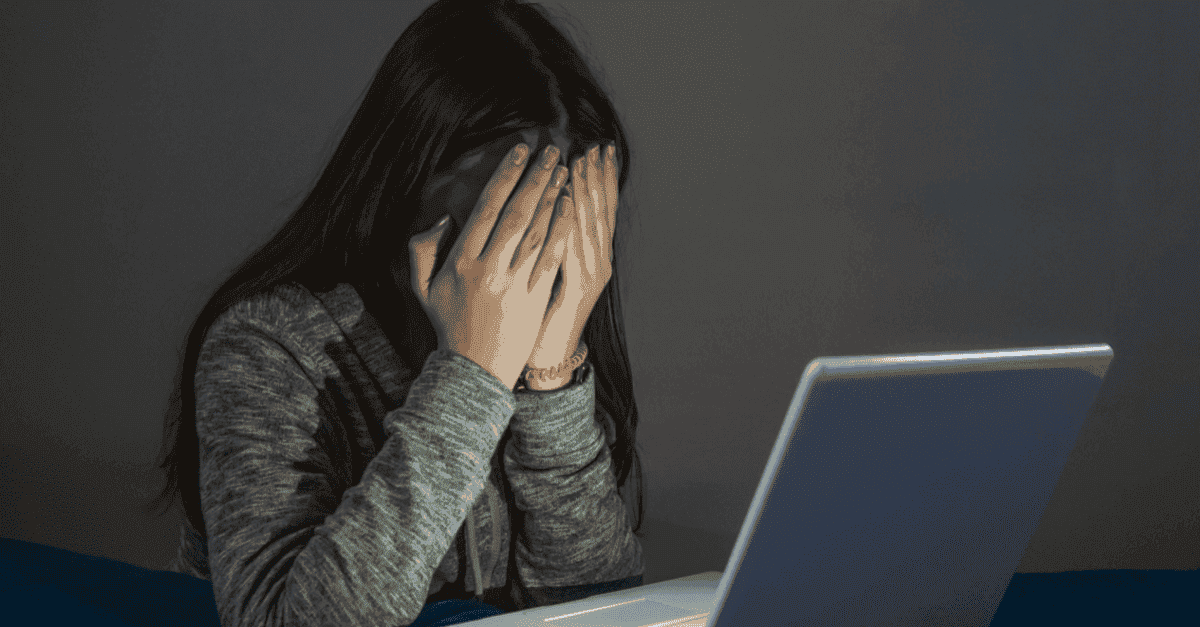All schools must have regard to the statutory guidance- Keeping Children Safe in Education (KCSIE). Amongst other things KCSIE says:
- An effective approach to online safety empowers a school to protect and educate the whole school community in their use of technology and establishes mechanisms to identify, intervene in and escalate any incident where appropriate.
- A whole school approach to online safety will include a clear policy on the use of mobile technology in the school. What that policy looks like is a matter for individual schools. If parents are unsure they should speak to the school.
- All schools should have an effective child protection policy. It should be easily accessible for parents as it should be published on the schools website or available by other means if necessary.
- All school staff should undergo safeguarding and child protection training (including online safety) at induction. The training should be regularly updated.
- School should ensure appropriate filters and monitoring systems are in place to protect children from accessing harmful and inappropriate online material whilst on the schools IT systems.
- UK Safer Internet Centre provides guidance as to what “appropriate” might look like.
Schools should teach children about safeguarding, including online safety. This should be considered as part of providing a broad and balanced curriculum and many schools will utilise PSHE. The PSHE association provide guidance for schools on developing their PSHE curriculum.
Online safety is also covered at all key stages in the national curriculum for computing. It is compulsory in maintained schools and can be used as a benchmark by academies and free schools. Pupils are taught how to keep personal information private, how to use technology safely and respectfully, and where to go for help and support when they have concerns about content or contact on the internet or other online technologies.
Finally, Relationships, Sex and Health Education (RSHE) is required teaching in schools. The curriculum covers relationships and behaviour in both online and offline spaces.




